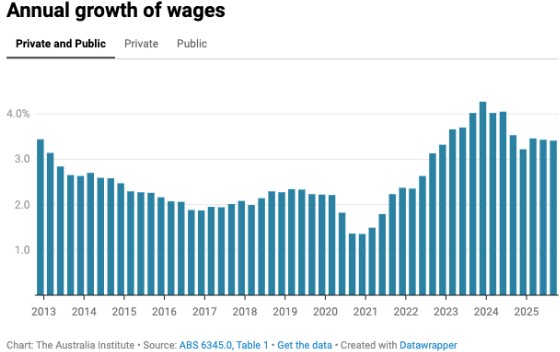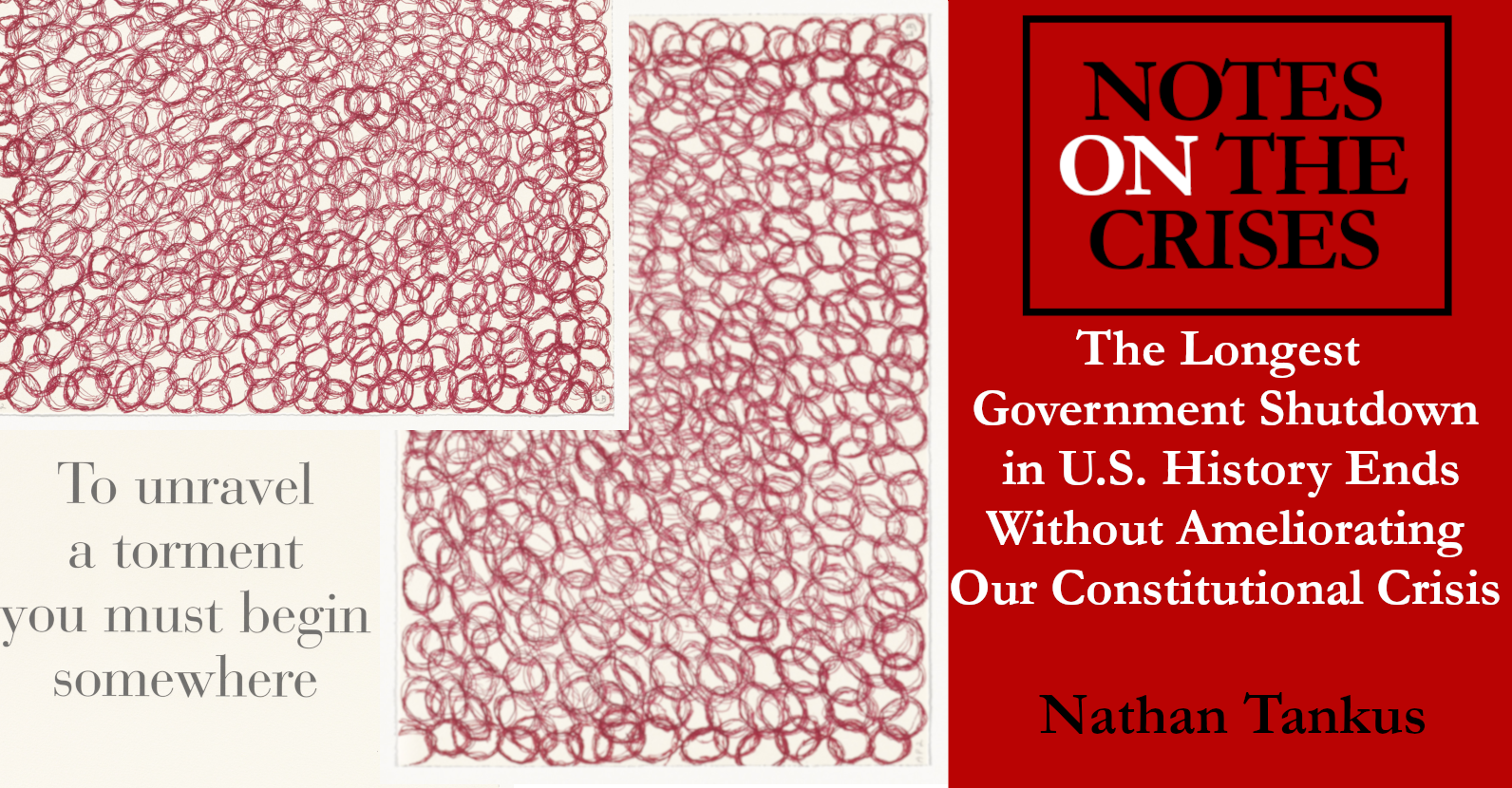Listen to the full conversation on the Perspectives Journal podcast, available to subscribe on Spotify, Apple Podcasts, YouTube, Amazon Music, and all other major podcast platforms.
In November 2025, Between the Lines books published Women United: Stories of Women’s Struggles for Equality in the Canadian Auto Workers Union by Peggy Nash and Julie White. The co-authors were interviewed by Tricia Wilson, Director of Equity and Racial Justice at Unifor, at their November 13 book launch event held in Toronto.



